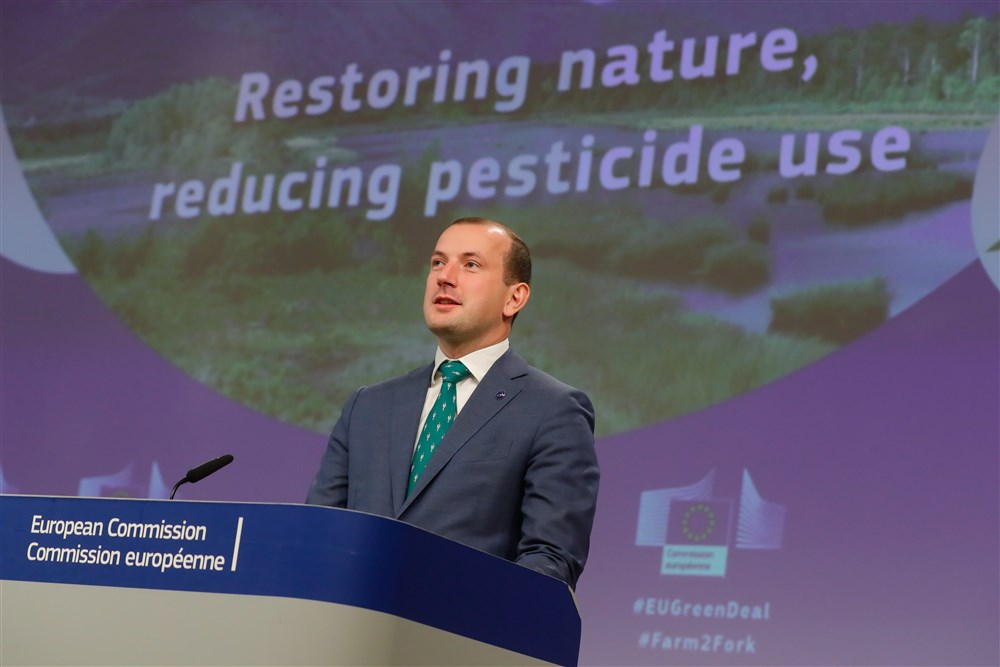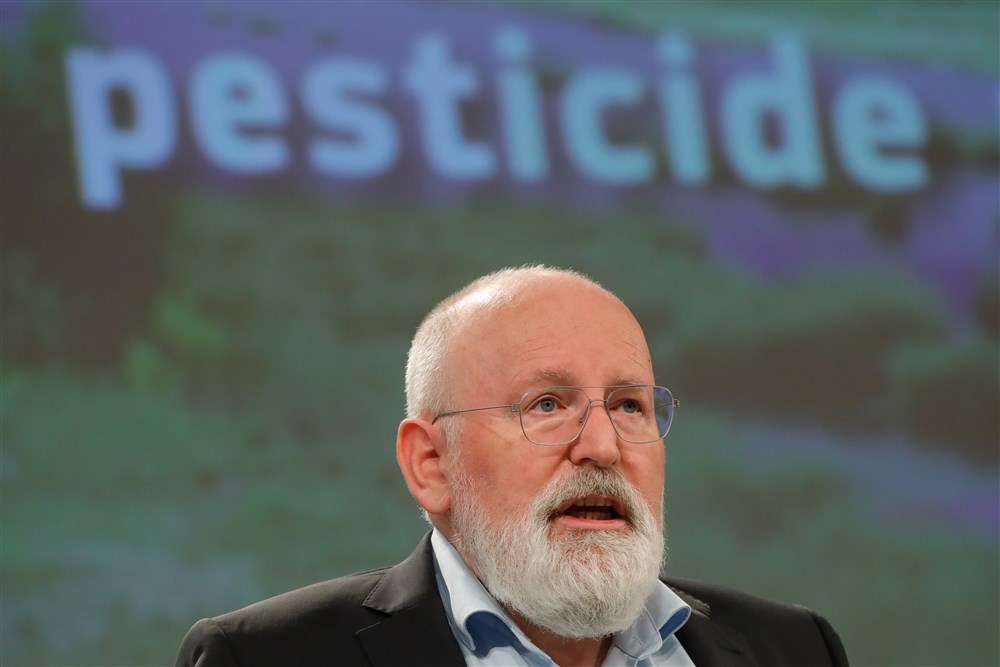In a heated, knife-edge vote, the European Union’s much-trumpeted Nature Restoration Act was rejected in the European Parliament on June 27.
“Take off your jackets, it’s gonna be warm!” the chair of the EP environment committee, Peter Canfin, shouted as advisors, journalists and spectators piled into the assembly hall ahead of proceedings, crowding against the walls after available seats were filled.
“Are you ready?” laughed one dancing attendee.
What followed was a series of votes ending in a deadlocked 44 to 44 that, according to EP rules, defaults to a rejection.
The proposed legislation, part of which seeks to significantly reduce the use of fertilisers and pesticides, has divided opinion. While some argue that it is necessary to ensure long-term biodiversity and to keep farming sustainable, others say proposed amendments were too harsh and even posed a danger to the EU’s ability to produce sufficient food.
The vote’s outcome appeared to spark outrage among the Liberal-Left quarters.
Much of Europe’s policy regarding the ‘green agenda’ has been led by European People’s Party (EPP) member and European Commission president, Ursula von der Leyen, seeming to indicate the centre-Right has turned against its own agenda. Just before the final vote, the rapporteur asked the EPP to “come back to the European Green deal”.
However, the Nature Restoration law failed to progress, prompting some immediate applause, although acrimony soon spread. In the following press conference, Canfin claimed the EPP was engaging in “European Trumpism – anti-Green, anti-Migrant, anti-Feminism”.
That led to an emotional German EPP member, Peter Liese, calling Canfin “the worst and most partisan president of an ENVI Committee I have ever witnessed”, adding that the chair is supposed to support whatever a committee finally votes for.
“Four members of the Renew Group voted against this law, are they Trumpists?” Liese added.
ENVI is the acronym for the Committee on Environment, Public Health and Food Safety. The Renew Group is a Liberal, pro-European political group of the European Parliament.
Spanish MEP César Luena, of the Left-wing Socialist (S&D) group, decried the failed vote as being part of a “shameful” EPP political strategy.
Following the rise of the Right-wing agrarian Farmer–Citizen Movement in the Netherlands, many populist parties have seen success by protesting against green policies and, consequently, many in the EU accuse EPP chairman, Manfred Weber, and his colleagues of jumping on the bandwagon.
Somewhat contrary to his earlier protestations, Luenas, the lead negotiator, told Brussels Signal that he believed EU environmental policies, such as the Nature Restoration law, were still popular.
Other MEPs disagreed: European Conservatives and Reformists Group (ECR) member, Cristian Terheș, told Brussels Signal that the nature law rejection “is the best sign that the voice of the peoples all across Europe is being heard by the EPP MEPs”.
He added that “until now” the centre-Right had “irrationally and unconditionally supported the insane utopian so-called green polices … of the European Green Deal”.
The attempted passage of the nature law today included more than 2,000 tabled amendments. Political staffers talked of voting lists in excess of 230 pages long.
Parties scrambled for votes. There were a number of appeals to usually-absent non-aligned MEPs.
During the vote itself, back-up MEPs stood at the ready in case any sitting member should have to leave in an emergency.
The tension surrounding the entire issue looks set to continue, following the rejection of the legislation as it is; the proposed law now has to go to a plenary session to either receive a final rejection, or be sent back to the drawing board.
On that point, Canfin and others said they were in favour of holding any new vote as soon as possible, as they believed it would give dissident members of the EPP a chance to cast their opinions.
The EPP, however, said it was in favour of voting on the law in the September plenary session, to allow more time for consideration and compromise over the summer.





